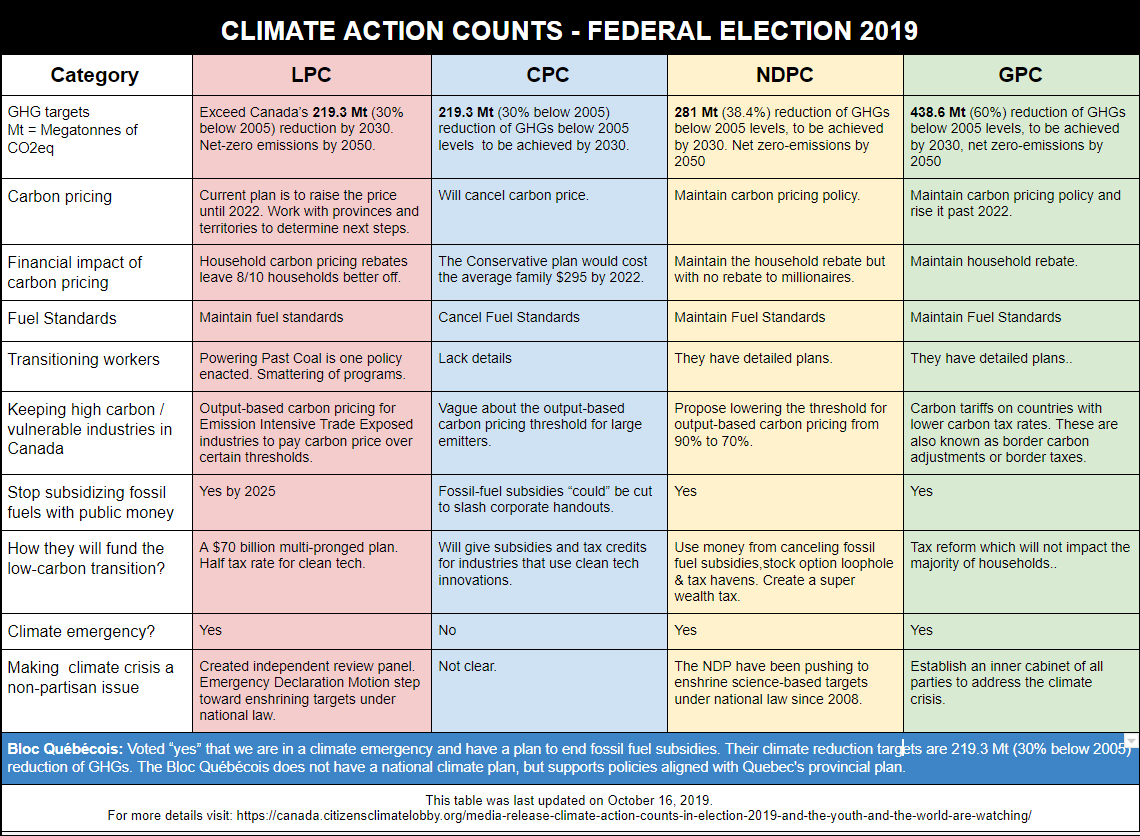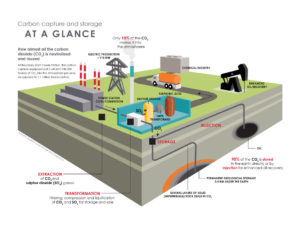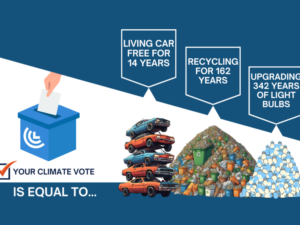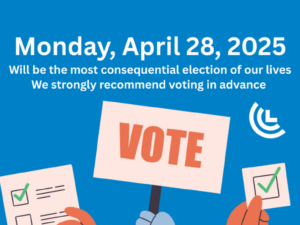For Immediate Release: August 19, 2021 Sudbury ON: On Monday, August 9, the Intergovernmental Panel on Climate Change published the Working Group I Report for the 6th Assessment. The nearly 4,000-page report, endorsed by 195 governments and representing global scientific consensus, was described by United Nations Secretary-General Antonio Guterres as “code red for humanity”. According to the most advanced science we have, only in the most ambitious scenario do we still have a chance to limit global heating to 1.5ºC at the end of the century. In that scenario, global heating will still rise to at least 1.6ºC, before coming back down, if all the right choices are made as quickly and pervasively as possible. Less than a week later, a snap election was called in Canada. The date of the election will be Monday, September 20, 2021. “The IPCC report is very clear that later is too late,” says Cathy Orlando, CCL Canada’s National Director. “At election time, in a non-partisan way, we can empower our politicians to make promises to protect humanity from catastrophic climate change. And voters need to be informed on what are the climate change platforms of the main parties. Adults cannot fail their children.” Citizens’ Climate Lobby is a non-partisan group, and it does not grade party platforms. As they did in 2019 and again this year, they will be organizing the party platforms into a table for voters to quickly determine for themselves which party has the most adequate climate policies. Here is a draft list of the criteria upon which the national parties’ climate policies will be scrutinized: Since September 2010, Citizens’ Climate Lobby Canada volunteers have recorded over 1,000 meetings with Parliamentarians and over 3,000 appearances in print media. Its focus is to protect and improve Canada’s carbon pricing policy. View the results of Citizens’ Climate Lobby Canada’s Election 2019 Climate Action Counts survey here and below.Climate Action Counts in an Election, Especially When It Is Code Red For Humanity
Media contact: Cathy Orlando cathy@citizensclimatelobby.org 705-929-4043
– border carbon adjustments
– the Clean Fuel Standard
– ending all fossil-fuel subsidies
– Climate Accountability legislation including details such as GHG budgets, mandatory public reporting, adaptation, equity, First Nations considerations, burden-sharing, and a just-transition for all.
– The National Climate Emergency Declaration
– Enshrining the United Nations Declaration of the Rights of Indigenous People (U.N.D.R.I.P.) under national law
– Canada’s methane regulations
– the private member’s bill from the Member of Parliament for Cumberland-Colchester, Lenore Zann, Bill-230, National Strategy to Redress Environmental Racism Act
– Support the Oil Tanker Moratorium Act (C-38) and the Impact Assessment Act (C-69)
Climate Action Counts in an Election Especially When It Is Code Red For Humanity
Home » CCL Canada News » Climate Action Counts in an Election Especially When It Is Code Red For Humanity
Climate Action Counts in an Election Especially When It Is Code Red For Humanity
Posted on August 19, 2021 in Media Release












